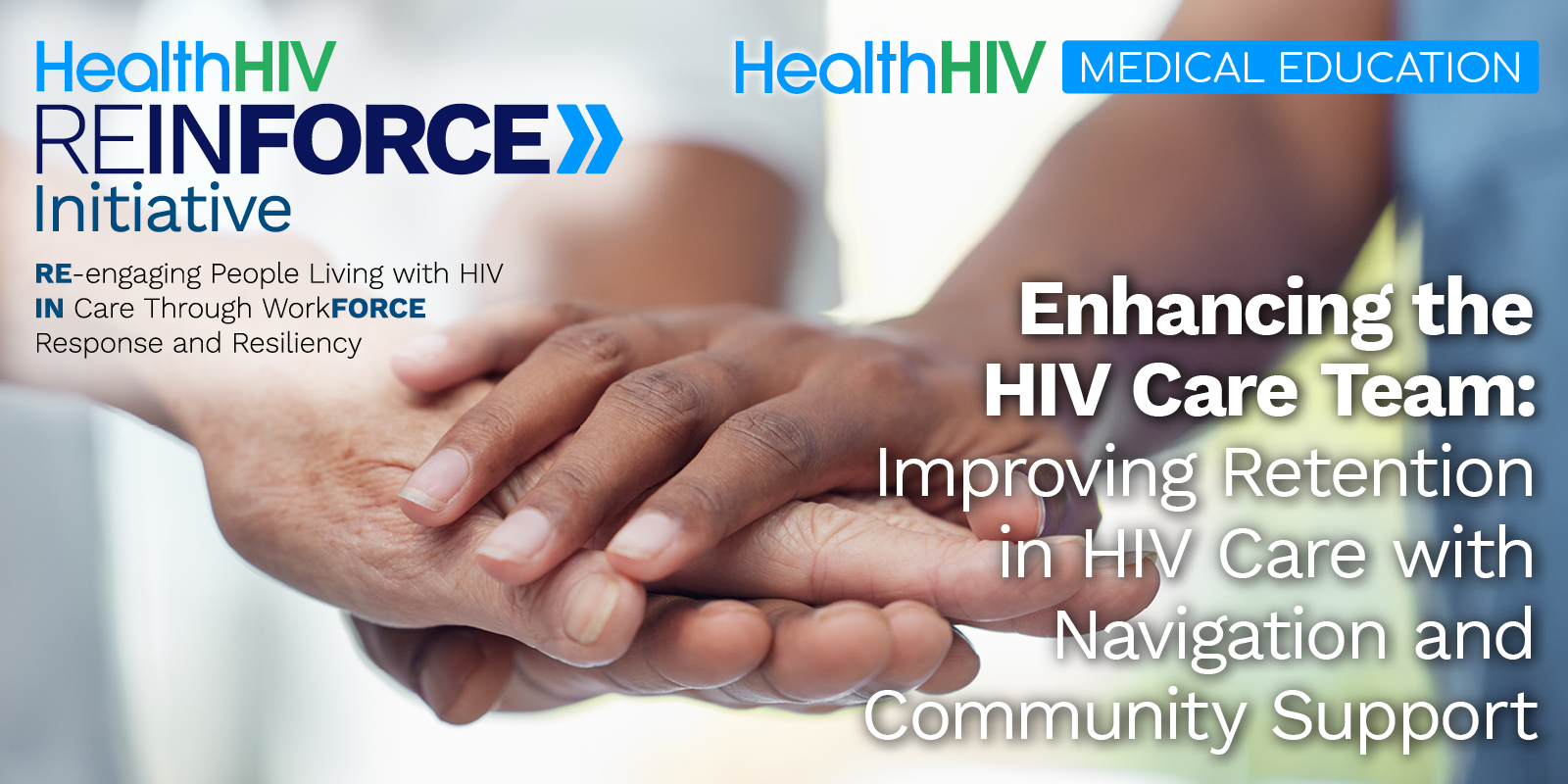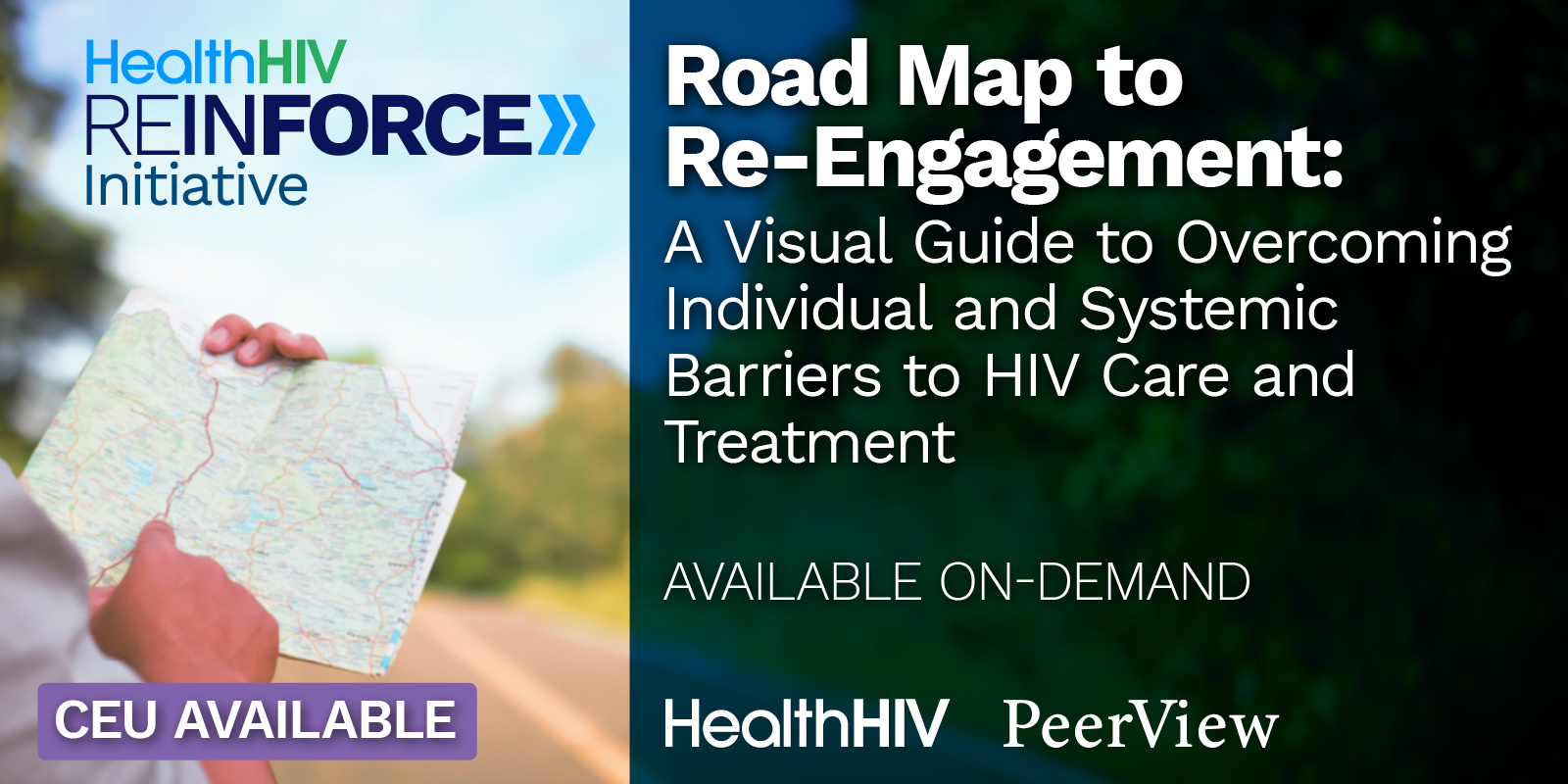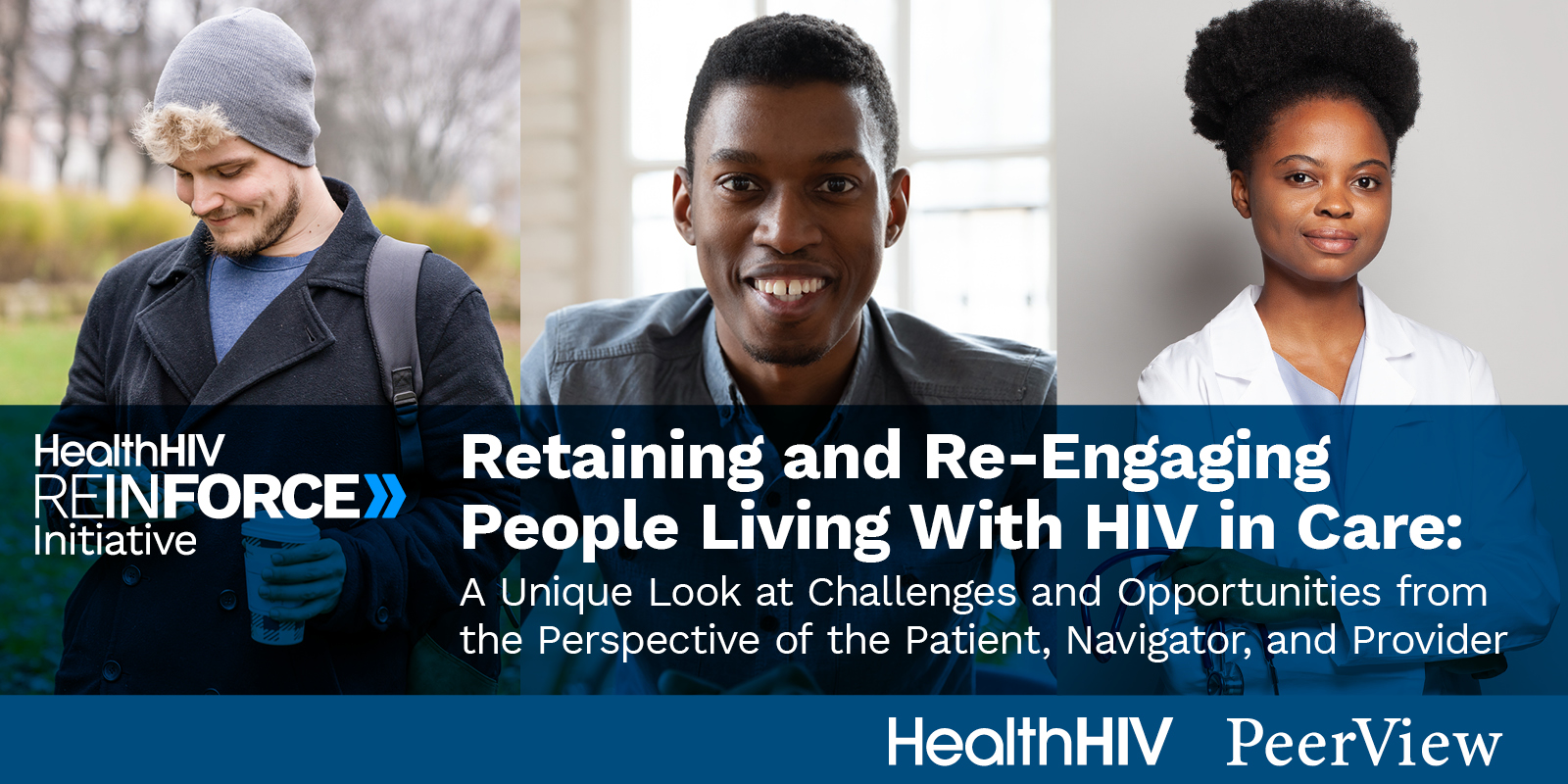Enhancing the HIV Care Team: Improving Retention in HIV Care with Navigation and Community Support
Current challenges affecting the state of the HIV healthcare system include staffing shortages, workforce burnout, and lack of resources. These factors can reduce the quality of patient-provider interactions, communication, availability, and trust, which in turn impacts patient engagement in HIV care. In response, there is an increased focus on integrating community health workers (CHWs) and peer navigators (PNs) into the medical care team to strengthen the healthcare workforce and support people living with HIV (PLWH) in maintaining engagement in HIV care.
This webinar will provide learners with distinct perspectives on challenges and opportunities for integrating CHWs and PNs into the medical care team, as well as strategies for retaining and re-engaging people with HIV in care.
Educational Objectives
After participating in the activity, the learners are expected to be better able to:
- Identify practical application of community health workers and peer navigators in retention and re-engagement in care strategies to address unique needs of patients.
- Describe model practices and strategies for integrating CHWs and PNs into the medical care team.
- Discuss the distinct and collaborative roles of clinical and non-clinical providers and case managers to support client retention in HIV care.
- Recognize the uptake of retention and re-engagement in HIV care strategies among different populations with a focus on priority populations as defined by CDC.
Speakers
- Allyson Baughman PhD, MPH, Project Director, Center for Innovation in Social Work & Health, Boston University – School of Social Work
- Effie Marvray, Care Navigator, Whitman-Walker Health
- Shawnte’ Spriggs, writer, Ryan White HIV/AIDS Program client, support group facilitator, and advocate
This activity is supported by an educational grant from Gilead Sciences, Inc.




